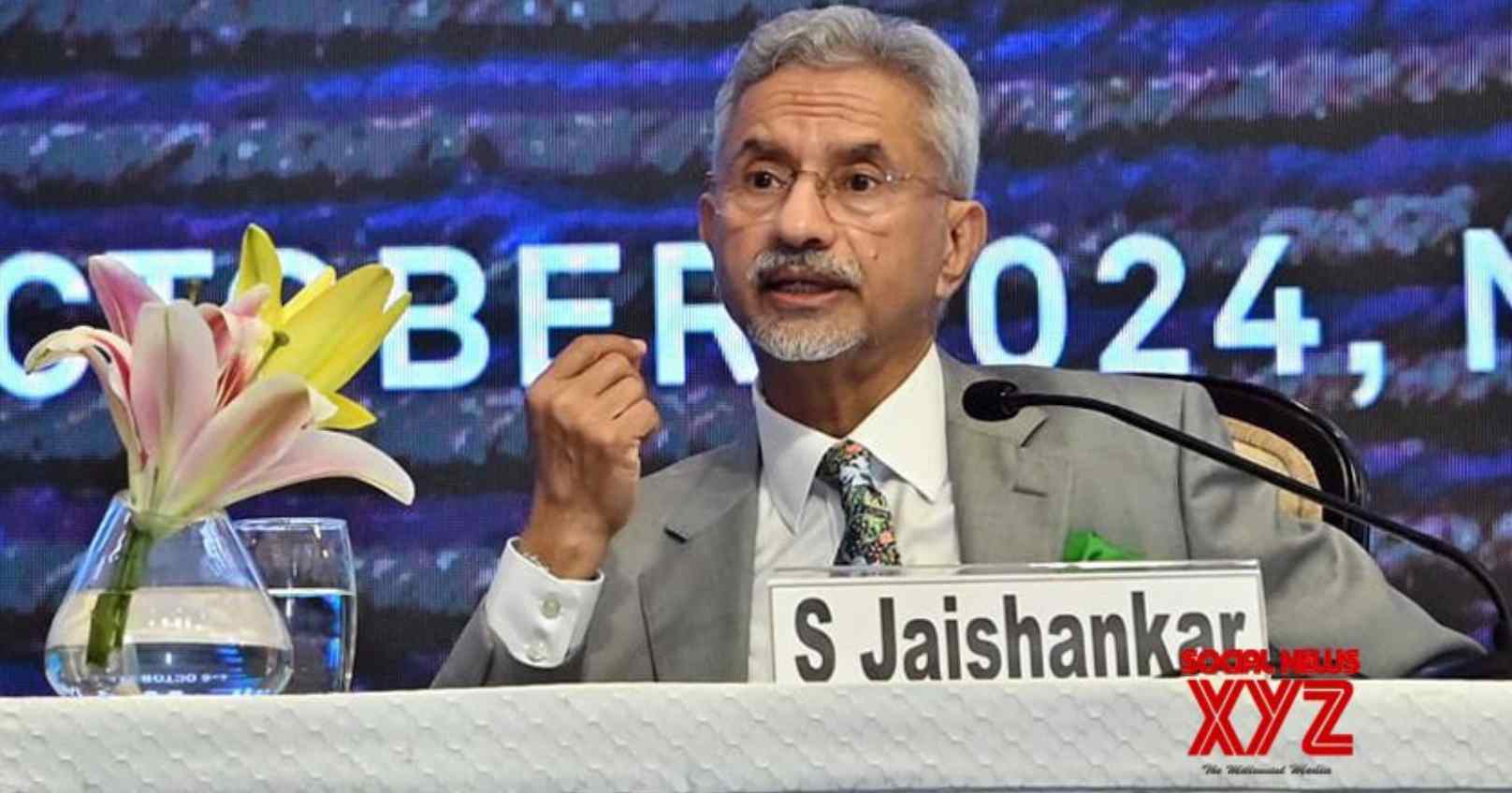During an interaction at the Kautilya Economic Conclave, External Affairs Minister S. Jaishankar expressed a critical stance towards the United Nations, likening it to an outdated company that struggles to adapt to current global challenges. He highlighted the UN's passive role in two significant ongoing conflicts, emphasizing its lack of meaningful engagement.
Jaishankar remarked that despite the UN's long history since its establishment in 1945, it has failed to keep pace with changing dynamics, saying, “The UN is like an old company, not entirely keeping up with the market.” He noted that while the organization still occupies a vital space, countries are increasingly taking matters into their own hands, especially during crises like COVID-19, when initiatives such as Covax emerged outside the UN framework.
In discussing India's role in the global context, Jaishankar described the country as both a lifting tide and a paradoxical ballast, reflecting on India's efforts to assist its neighbors, including Sri Lanka. He emphasized the need for reform within the UN, particularly the Security Council, to better align with contemporary realities.
Regarding the upcoming US elections, Jaishankar stated that the geopolitical and economic shifts in the US will persist regardless of the election outcome, suggesting that the world is becoming increasingly fractured and calling for greater reliability and transparency in international relations.
On his forthcoming visit to Pakistan for a Shanghai Cooperation Organisation (SCO) summit, Jaishankar reaffirmed that his focus would be on fulfilling his responsibilities rather than engaging in bilateral discussions with Pakistan.
Jaishankar's comments underline the growing sentiment that alternative multilateral initiatives outside the UN, such as the India-Middle East-Europe Economic Corridor and the International Solar Alliance, are gaining traction as countries seek collaborative solutions to pressing global issues.
In conclusion, the minister called attention to the value of the Global South and India’s role within it, asserting that the country is seen as a trusted and articulate member of this collective.







